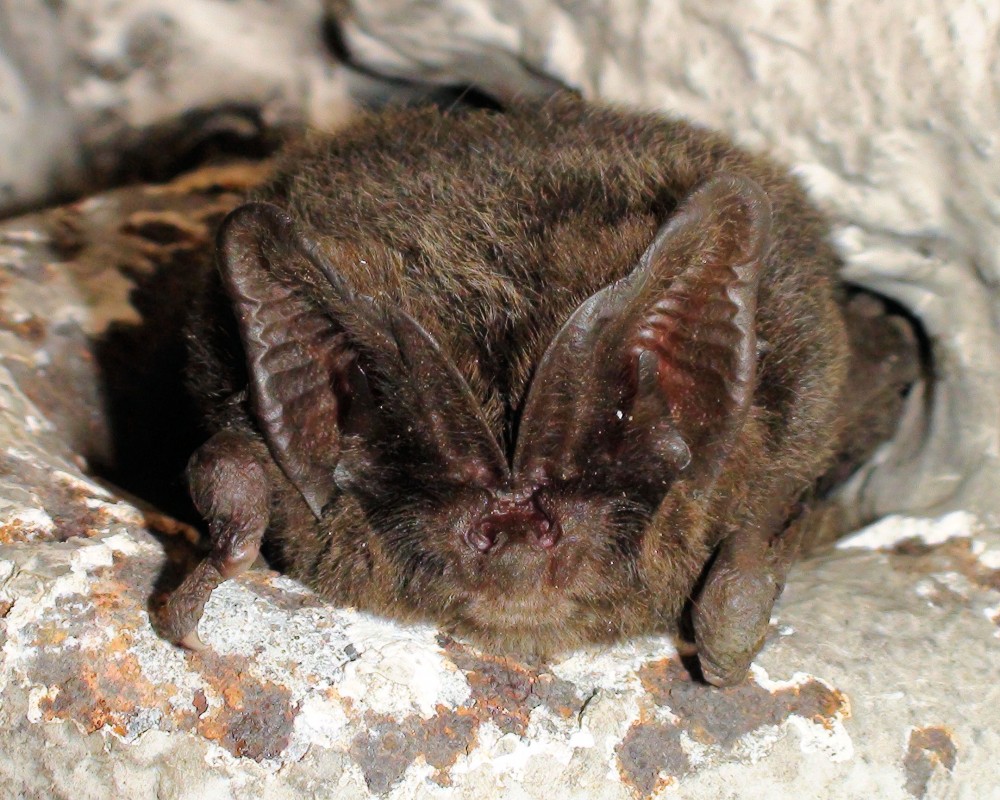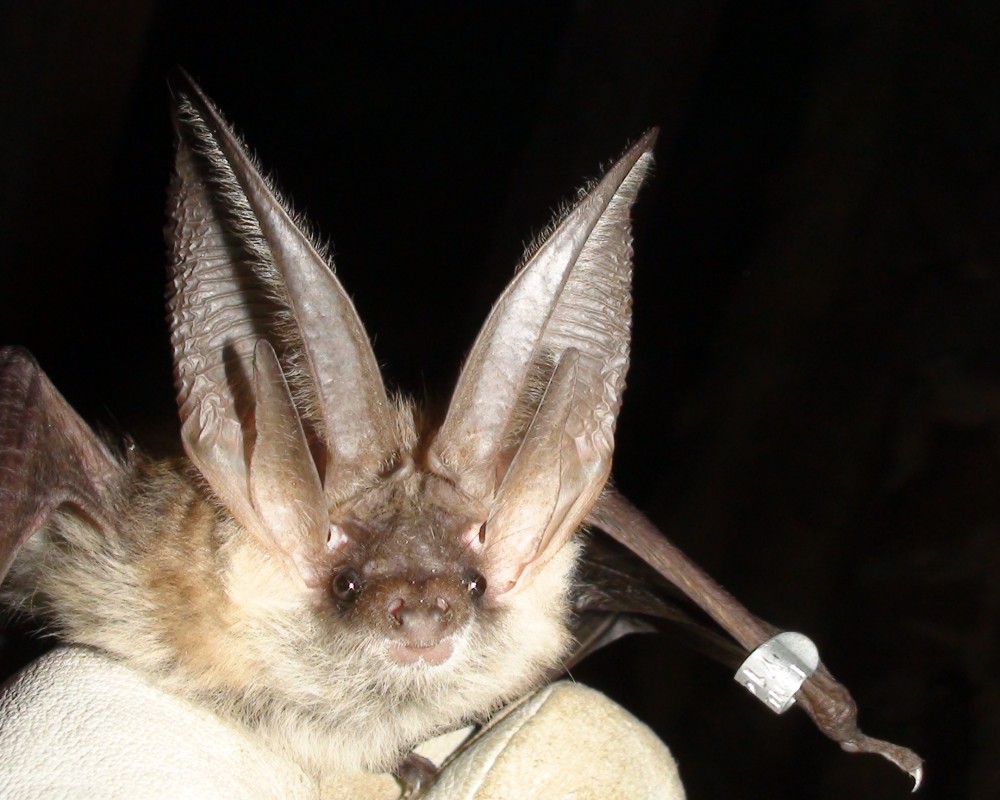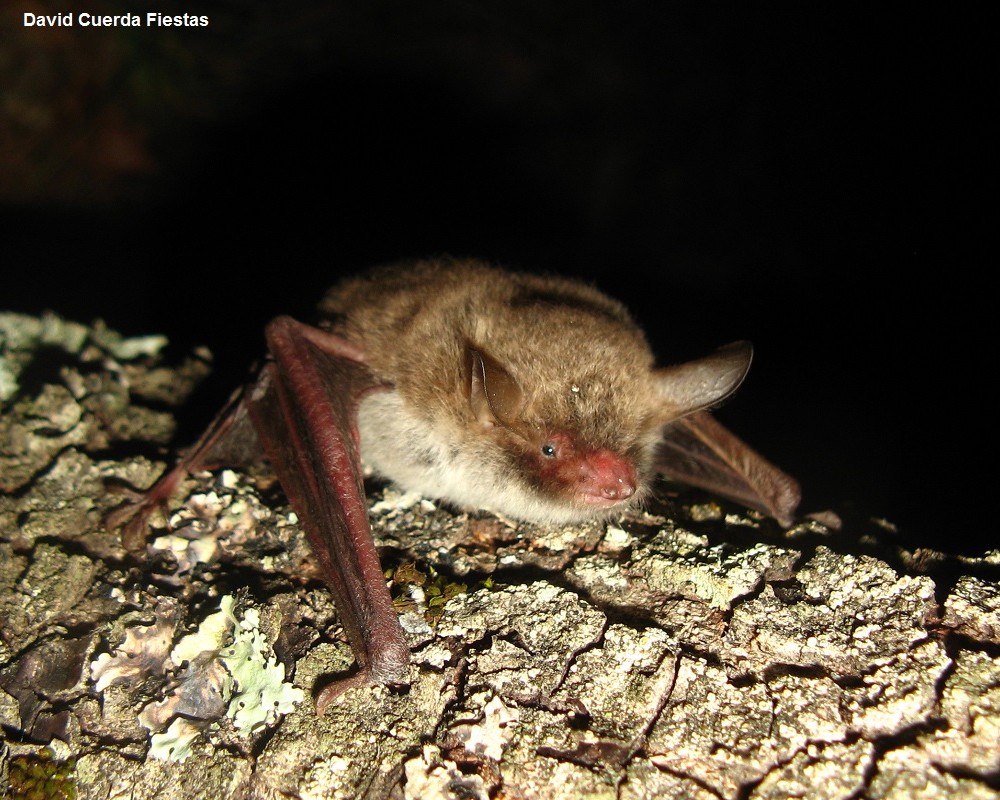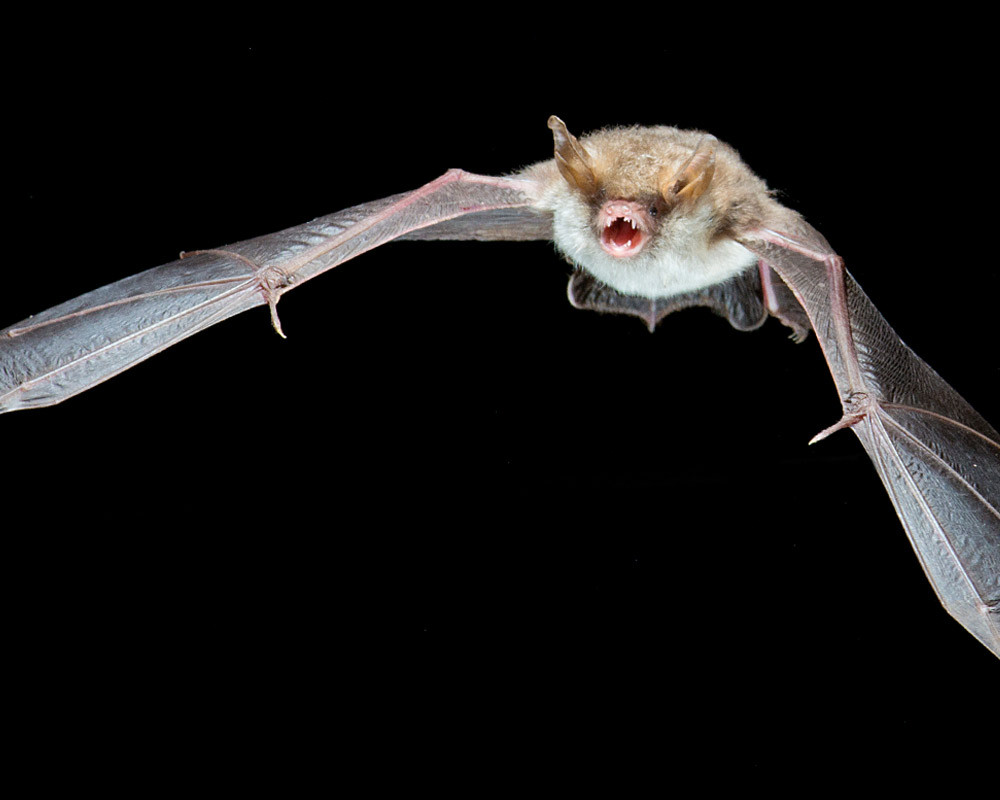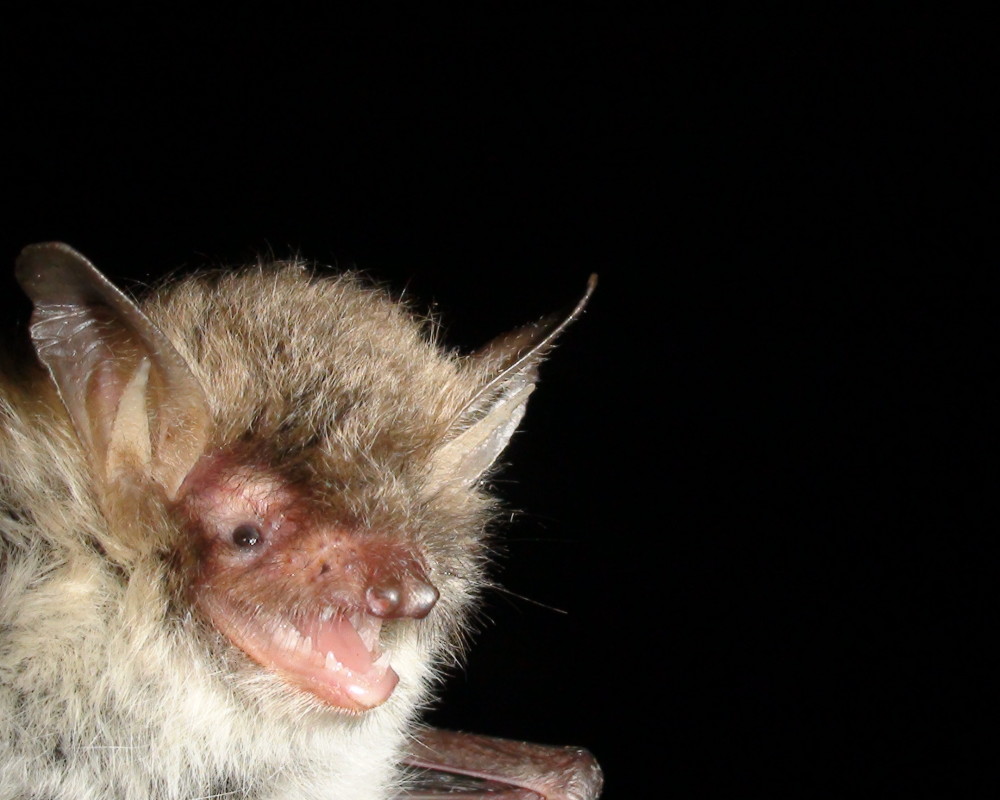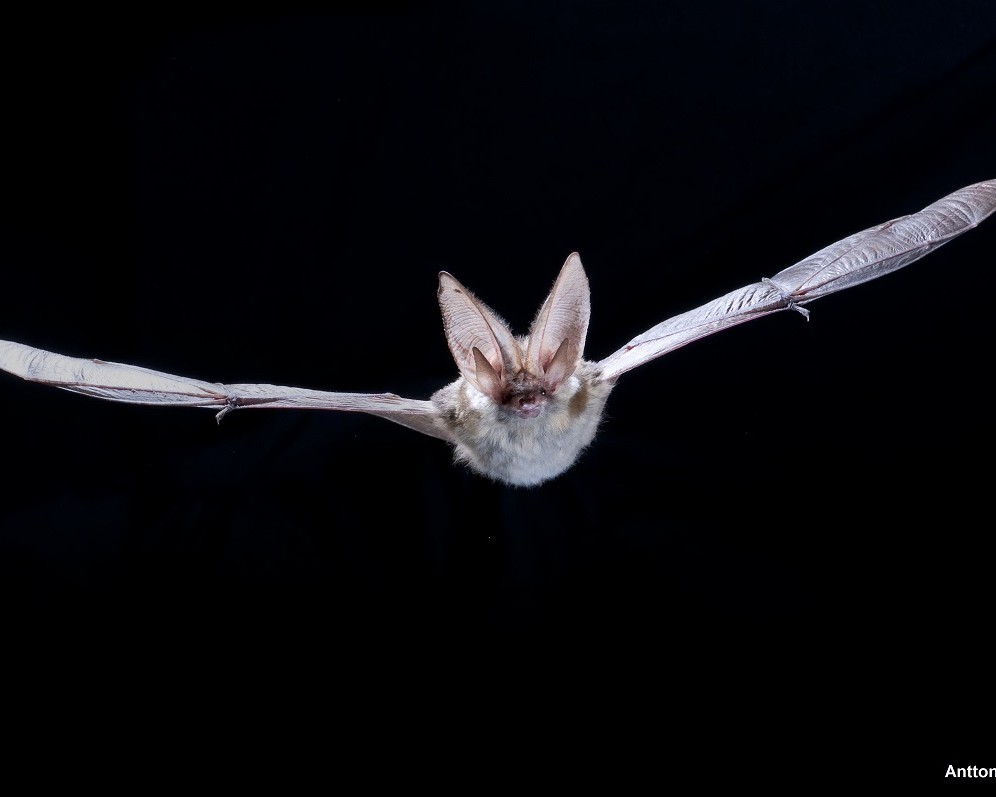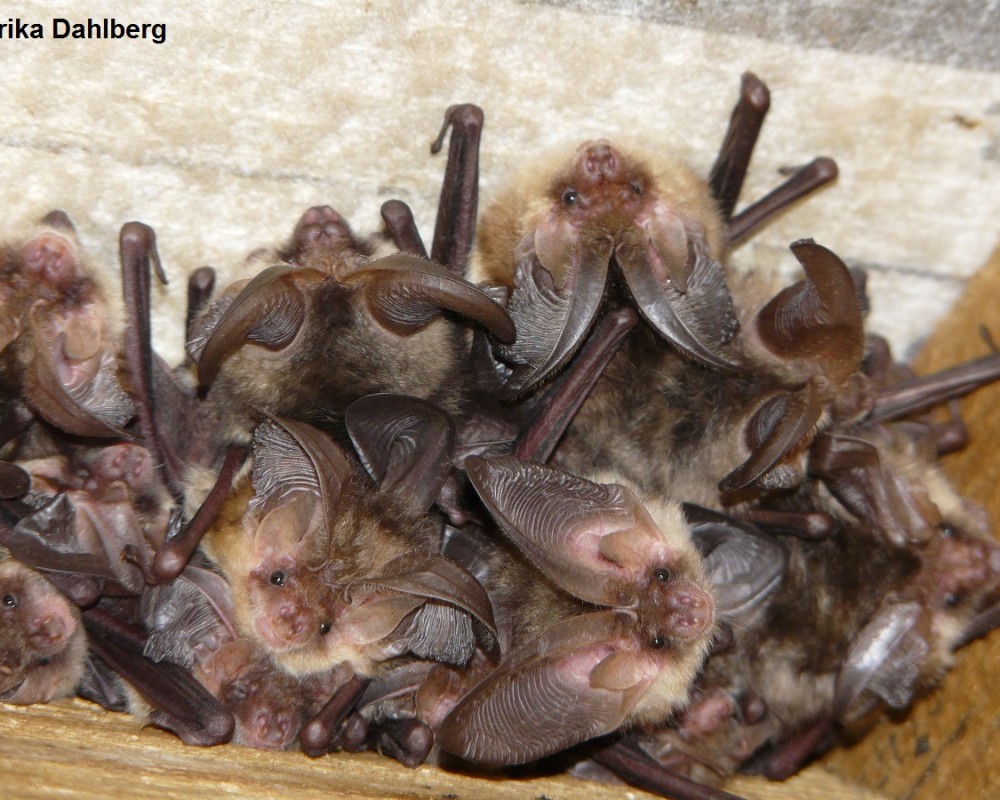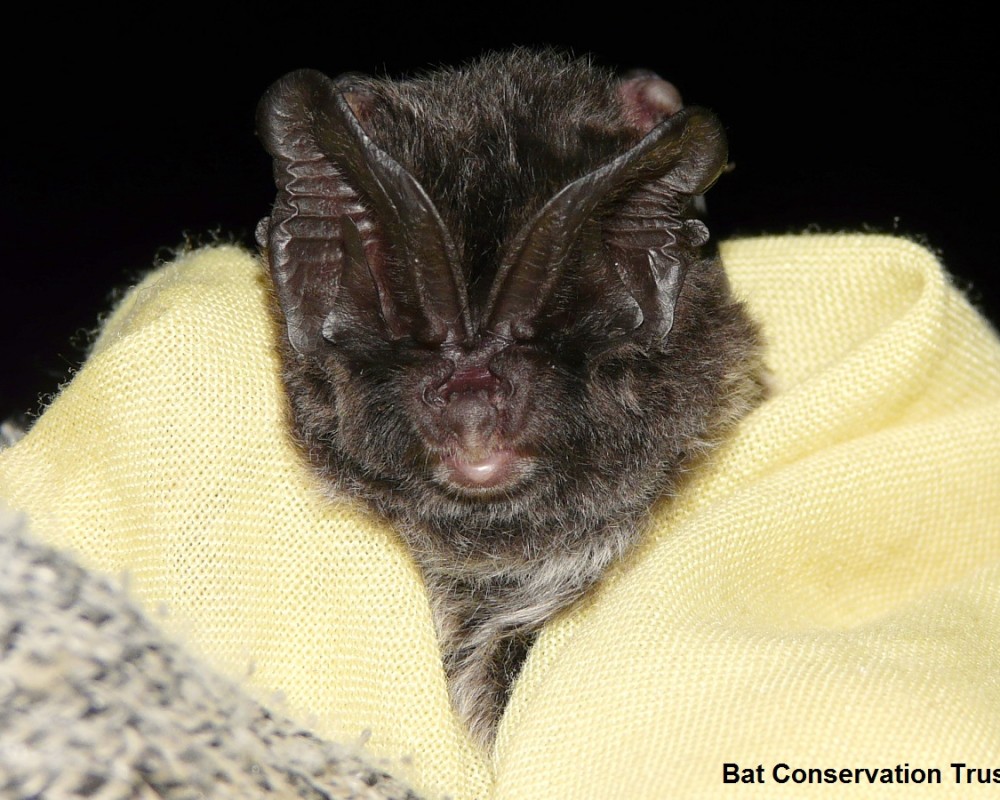Home
Biodiversity continues to decline worldwide even though it is widely recognised that human survival and the maintenance of ecological processes rely on its effective conservation. A major challenge is to understand how biodiversity responds to global environmental change so we can predict and prepare for the effects of future conservation threats. Climate change will produce a range of new selection pressures due to rising temperatures and increased frequency of droughts and extreme events, forcing many species to move in search of suitable conditions or adapt. Anthropogenic habitat loss and land use changes are likely to intensify these pressures and limit the movement of individuals and their ability to colonise new areas. Whether species can respond to these threats depends on their sensitivity to change, their ability to adapt or adjust to new environmental conditions, their ability to move away, and the rate and magnitude of change. As species’ responses depend on a multitude of factors, studying their responses requires a combination of different tools from different research fields and disciplines.
The Global Change Genetics Group studies biodiversity responses to global environmental change using integrated multi-disciplinary approaches.
Our research sits at the interface between Conservation Biology, Ecology, Molecular Biology, Physical Geography and Mathematical Modelling.
We consider biodiversity at all levels of organisation from genes to ecological interactions.
We aim to carry out research with applied conservation relevance that impacts how we manage our environment and biodiversity.

